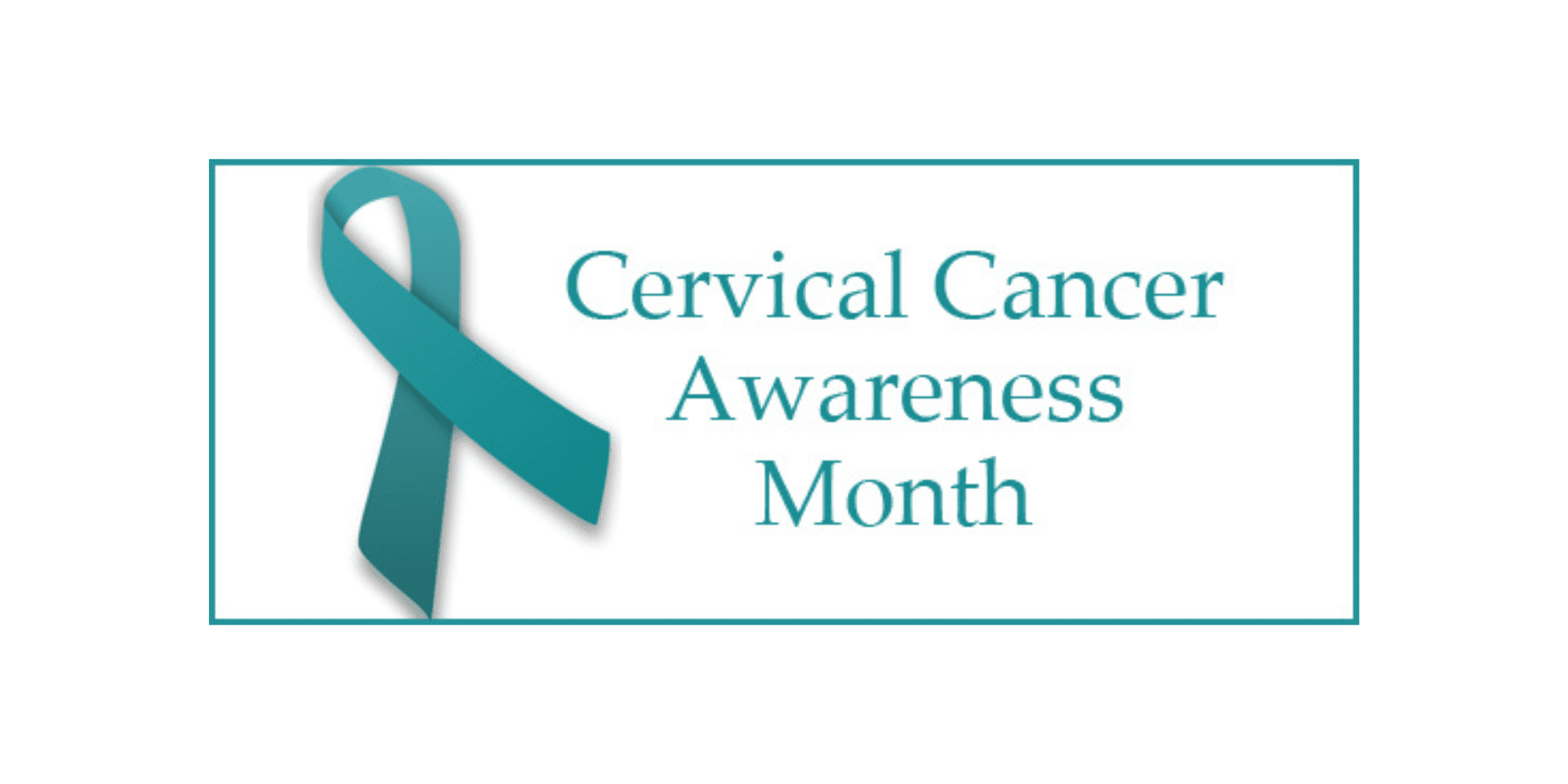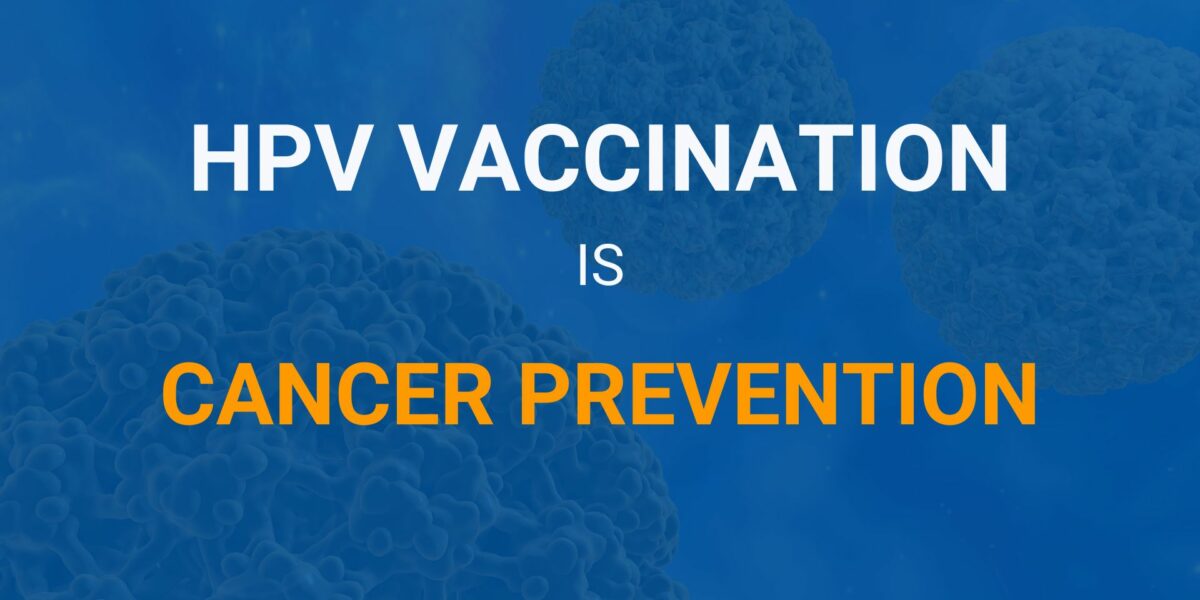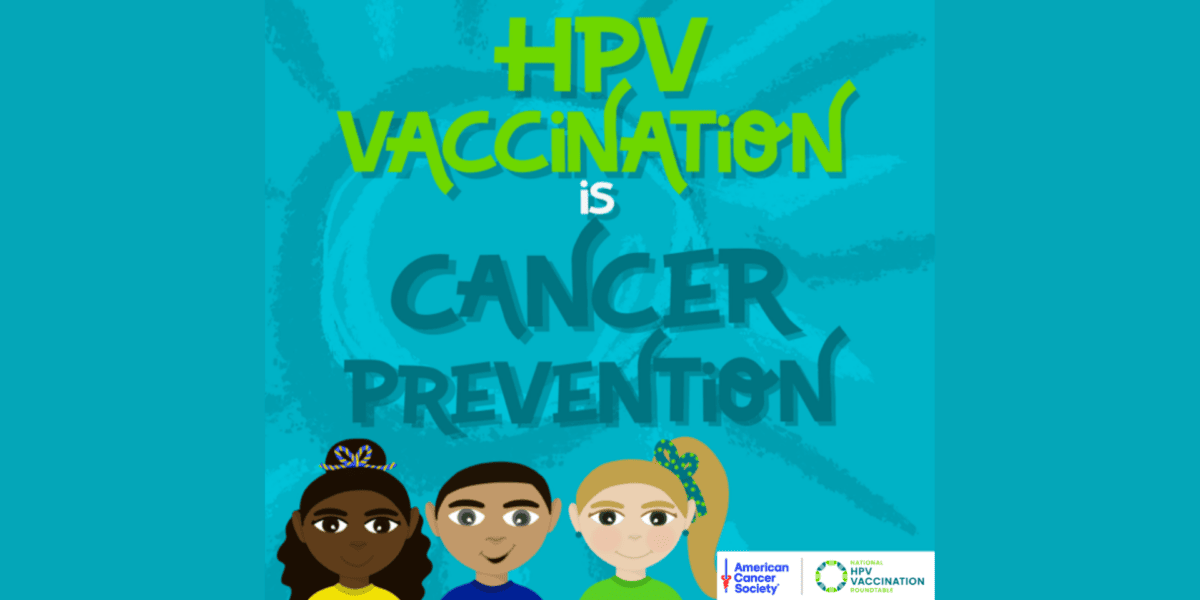
January is Cervical Cancer Awareness Month, a great time to talk about how human papillomavirus (HPV) vaccines can help prevent cancer. Cervical cancer was once the leading cause of cancer death for women in the United States. Now, thanks to cervical cancer screening and HPV vaccination, it is the most preventable of all female cancers. About 79 million people, most in their late teens and early 20s, are currently infected with HPV, and an additional 14 million are estimated to be infected each year–a compelling reason to protect preteens and teens early through vaccination.
The Centers for Disease Control and Prevention (CDC) recommends HPV vaccination for 11- and 12-year-old girls and boys, as well as for young women ages 13 through 26 and young men ages 13 through 21 who have not yet been vaccinated. Only 57 percent of adolescent girls and 35 percent of adolescent boys have received the first shot of HPV vaccine in a three-dose series. Those who are not fully vaccinated remain vulnerable to devastating cancers caused by HPV.
Increasing HPV vaccination rates is a public health priority and healthcare professionals (HCPs) play a key role. Studies have shown that a strong recommendation from an HCP is the strongest predictor of vaccination. The National Foundation for Infectious Diseases (NFID) offers many resources to help HCPs increase vaccination rates in practice. The online HPV Resource Center includes helpful information and tools, including a new infographic, “5 Key Steps to Increasing HPV Vaccination Rates.”
CDC estimates that increasing HPV vaccination rates from current levels to 80 percent would prevent an additional 53,000 future cervical cancer cases in the United States among girls who now are 12 years old or younger over the course of their lifetimes. Protect your patients from cancer by recommending and offering the HPV vaccine!
Help support Cervical Cancer Awareness Month. To join the conversation, follow us on Twitter (@nfidvaccines) using the hashtag #CervicalHealthMonth, like us on Facebook, and join the NFID Linkedin Group.
Related Posts

The Key to Preventing Cervical Cancer
January is Cervical Cancer Health Month, an important time to raise awareness and empower individuals to protect themselves against this often preventable type of cancer

ID News Round-Up: Bird Flu, COVID-19, HPV, and Norovirus
Read recent news of interest from the world of infectious diseases including insights and explanations on bird flu, COVID-19, HPV, and norovirus …

2 Simple Steps to Prevent Cervical Cancer
Vaccination helps protect against cervical cancer and other cancers caused by HPV
